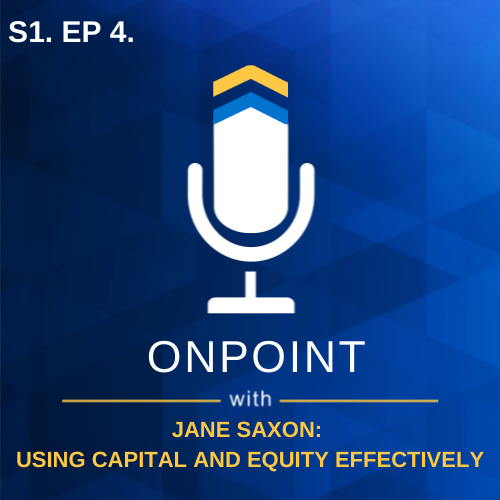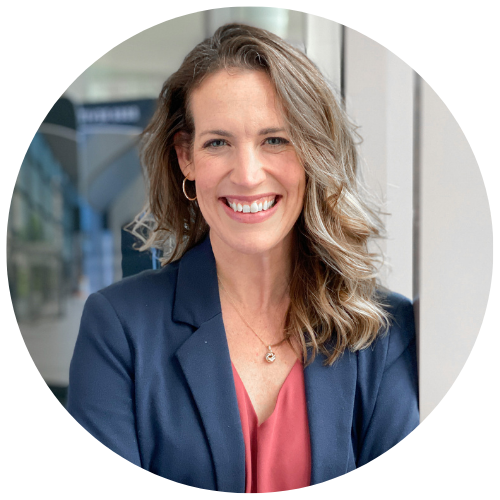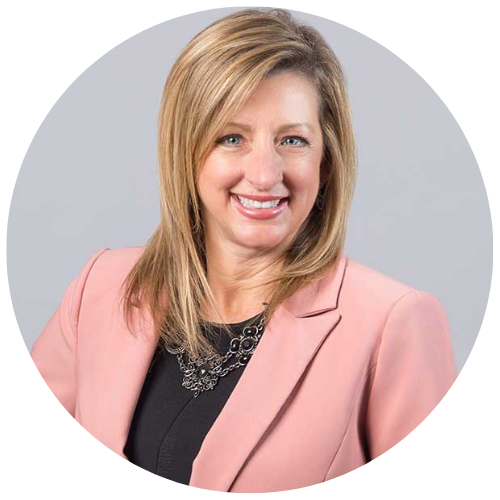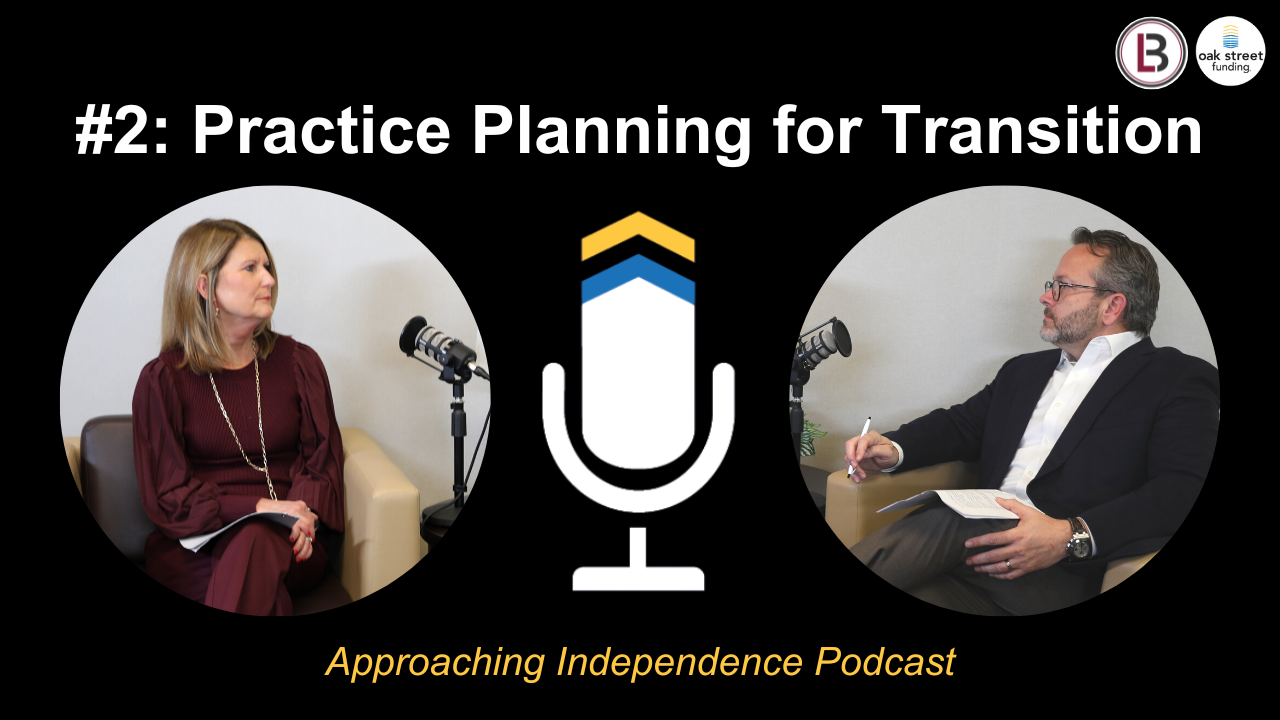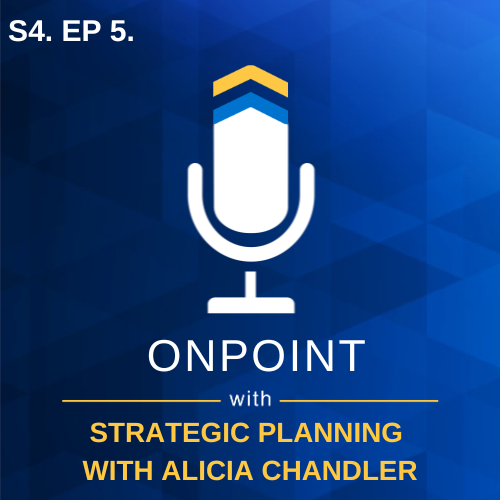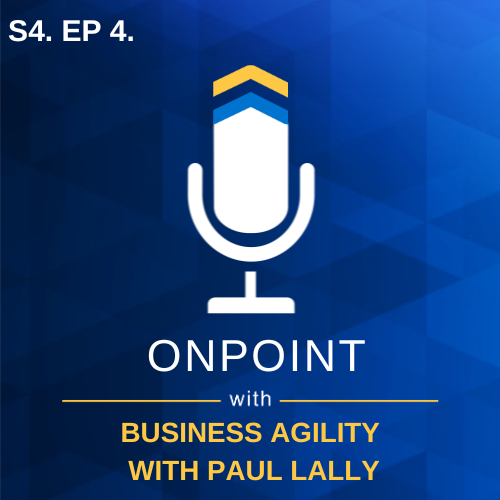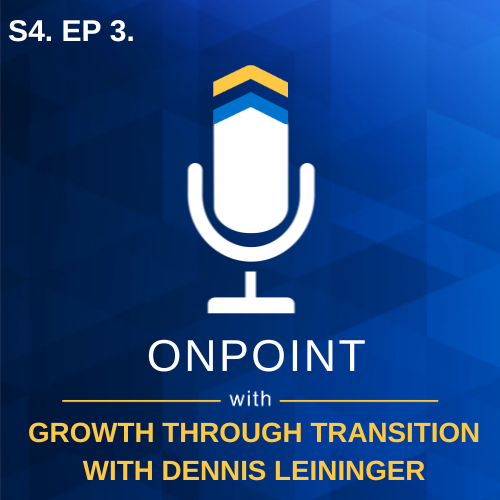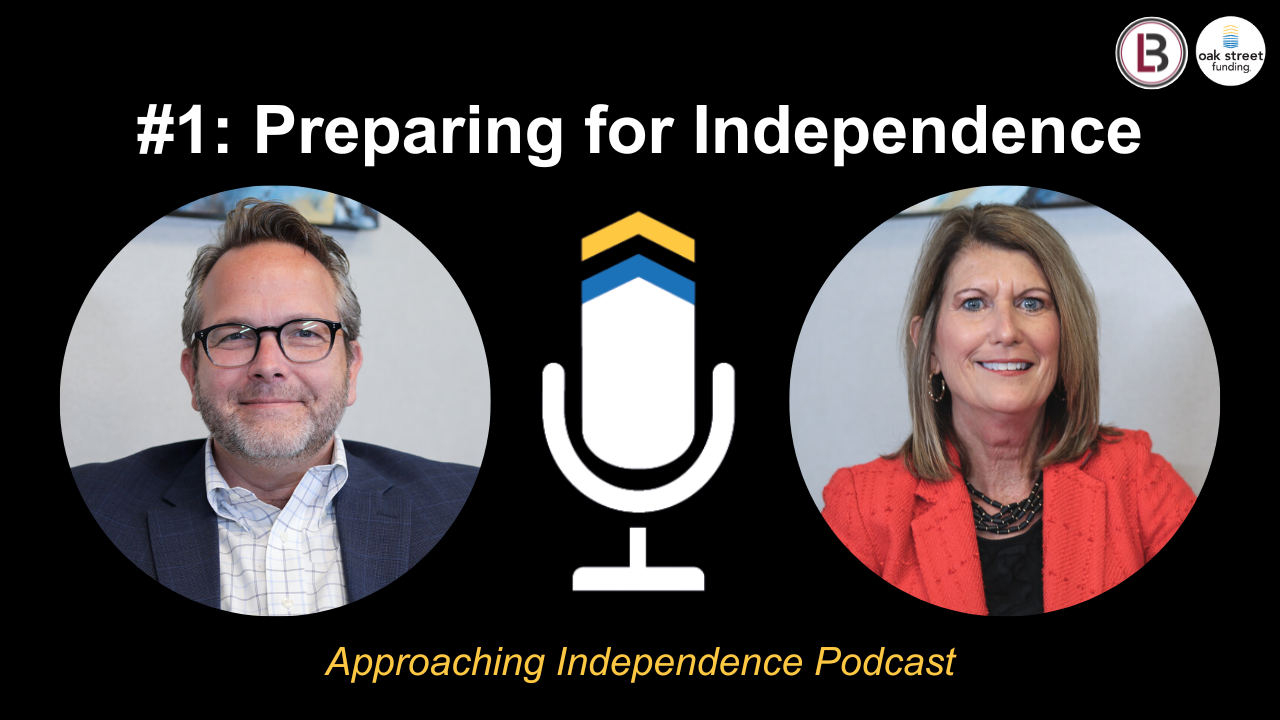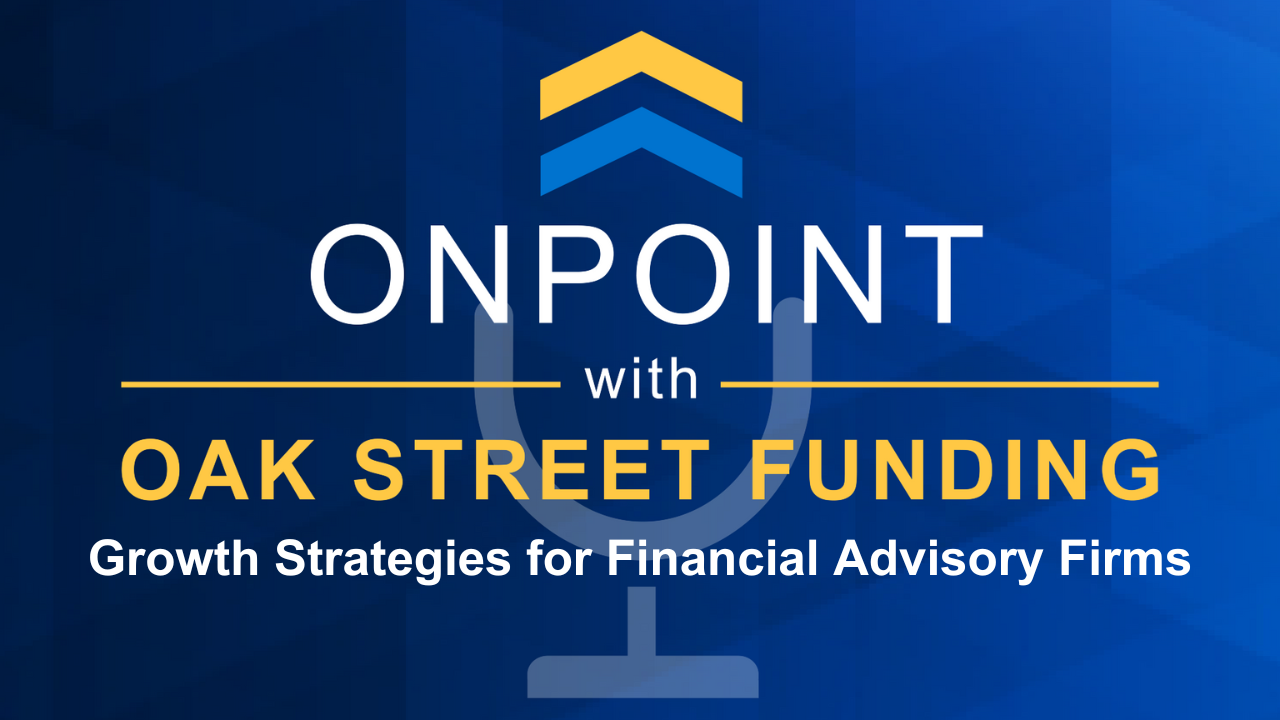S1. Ep. 4 - Using Capital and Equity Effectively with Jane Saxon of Somerset CPAs and Advisors
- 0.5
- 1
- 1.25
- 1.5
- 1.75
- 2
Bridget Haight: Hello, and welcome to OnPoint, a podcast by Oak Street Funding, where we bring research and data backed insights to dig into the minds of industry leaders, to learn how to stand out, navigate and break through this ever changing industry. I am your host, Bridget Haight, and you can support the podcast by following us on Spotify, Apple podcasts, on our website, or really wherever you get your podcasts. We will be there hanging out, talking to industry leaders and ready to empower you to grow your business. Now let's get OnPoint. I am pleased to welcome back Jane Saxon of Somerset CPAs and Advisors. Jane was previously on the show discussing tax effective business structure. Be sure to tune in to season one, episode two, for some great advice. Today, Jane brings her 25-years of professional experience to discuss using capital and equity effectively. Welcome back, Jane.
Jane Saxon: Thank you for inviting me back.
Bridget Haight: Well, we'll just jump right in.
Jane Saxon: Let's do it.
Bridget Haight: The capital gains tax has been in the news a lot lately as Congress debates the details of the Build Back Better Act. First of all, can you tell us what the capital gains tax is all about?
Jane Saxon: Yeah, so capital gains tax been around for a little bit. Currently there are certain transactions that if you sell like a stock, say if you sell IBM, or if you sell the stock of your business, it's subject to capital gains rates. Those are better rates than ordinary income. Right now we have capital gains rates that are available to individuals of zero, 15, and 20 percent, depending on how much your total income is. What the big debate has been is as part of this Build Back Better Act, politicians were debating removing these favorable capital gains rates. Business owners and those of us who would sell stock would just be subject to ordinary income rates on those transactions. At a minimum, that would be an increase of a 20% tax rate. It was hotly debated, hotly contested, and very important to business owners and to individuals who may have transactions that fall into that category.
Bridget Haight: So what is the current state of the capital gains tax and is it going to change?
Jane Saxon: Right now, it is not going to change. Fortunately, it is not. The Build Back Better Act has stalled. We really thought that it might go through for 2022. It stalled at the end of 2021. Senator Manchin would not put his support behind it, which given the split, they really needed his support. He said, "No, I can't sell this to my constituents," and has really slashed some of the provision. As we sit here right now, capital gains rates are going to remain the same. What we do know though is they will never go lower. It is just highly unlikely they'll go lower. There is probability that they could go higher in the future. If we have an opportunity to take advantage of transactions that would qualify for capital gains in 2022, I probably want to do that.
Bridget Haight: Okay, great. There are a lot more capital options available to business owners today than there ever have been before.
Jane Saxon: Yes.
Bridget Haight: Can you walk us through some of those options?
Jane Saxon: Sure. All of those options really fall into two categories. Debt or equity. The debt options are what you might traditionally think of. They're going to be traditional loans from lenders. They may be just working capital loans, loans that you need on a daily basis that help you fund the daily operations of your business. It could be permanent working capital, so a long-term loan. It could be equity in inventory, so a lot of used car dealers or how car dealers use a floor plan to help them float the cost of their inventory. If they don't have that floor plan in place, getting liquidity out of their inventory. Those are examples of traditional debt that would provide capital shareholder loans. You're a business owner. You might have private wealth outside your business, you loan money back into your business. That can be a source of capital. Equity. There are so many sources of equity today. We laugh with the millennial world, but it they've really been very creative in sources in equity. We hear a lot about private equity, that's an investment group. They'll come in and perhaps they buy a piece of your business and then they provide equity for growth to continue growing or to continue acquiring like-kind of businesses, family offices, high-wealth families who want to invest in certain industries, or perhaps not even certain industries, just have capital to introduce into a business as an option. Then again, shareholders can make contributions to their business, which become equity, so lots of options in the capital world.
Bridget Haight: Something our listeners may not have considered is capitalizing a succession plan. Can you talk about how business owners can structure a succession plan to maximize their return?
Jane Saxon: I can. I talk about this a lot on a daily basis. There are three things that you really need to have in place in order to maximize the succession plan. First, you've got to have good, solid financial statements. We want financial statements that reflect the true operations of the business. What that means is taking out what we call discretionary items. If you are accustomed to running a lot of personal expenses through your business, we want to pull those out, so that a potential buyer or succession plan can see the true performance of your business, not impacted by your personal expenses that had run through it. We don't want to have to go to them and sell them on the fact that, okay, those are really not cost of doing business. Those were part of my personal life. The second thing you want to have in place is a strong management team. That's whether you have an internal succession or an external, which would be a sale to a third party. Having a strong management team in place that doesn't require your presence as a business owner is highly valuable. It's going to result in a larger purchase price from an external buyer. If you have an internal transition where you're transitioning to a key employee or perhaps to another family member, it allows you to step away from the business and be certain that you're going to get paid on that business because your management team is running the business and has been running the business, not a lot to change. The last thing we need is time. The longer we have to structure a succession plan, the more success we're going to have. Five years is ideal. Seven years is better. One year is tough because there's not time to make changes and adjustments to maximize the value that you've built in this business. Those three items are the keys that I focus on.
Bridget Haight: Great. Thank you. The next question I have is what is the optimal or target amount of working capital that a business should maintain?
Jane Saxon: That is a loaded question. It's unique for every business. It depends on the type of the business you're in. It depends on whether it is capital intensive, whether there's a lot of accounts receivable in your business. The way to determine that, is to take a look at the historical operations of your business. You really have to do an analysis to see what did you need to run your business and what would've been optimal. We can zero in on that by looking at a 12-month or a 24-month average, and then looking at projections of how much you want to grow going forward. Then what do we need to interject in order to maintain that growth? It's an analysis unique for everybody, but it's an important piece to know. On that note, it's important also not to have excess working capital in your business. There are a lot of businesses that received PPP loans last year. They've kept those, they've used that money, but they've also had great years. They've accumulated a lot of cash. We really recommend that our business owners not keep a lot of excess cash in the business. Distribute that cash out to yourself. If you find you need it, loan it back to the business. Just having that excess working capital in the business is usually not the best idea.
Bridget Haight: How should business owners use financial statements to evaluate capital budgeting decisions?
Jane Saxon: Absolutely. This goes back to, I think one of our questions earlier where I said that have good, strong, accurate financial statements. Although they give you a historical picture of what your business did, they also give you the ability to use your past performance to project your future performance. You want to look at your financial statements when you're considering any type of capital investment, for a lot of reasons. If you're going to buy a very expensive piece of equipment, you want to know how it's going to impact your cash flow in business. You want to know if you pay cash for it, if you take cash out of your business and pay cash for it, how does that affect your covenants with your lender? If you borrow money to pay for it, how does that impact your cash flow? How does it impact your taxes? Then again, how does it impact debt covenants that you might have with other lenders? There are of puzzle pieces that go into all of that, but the key of that is your financial statements. Strong financial statements, and use them as a tool, not just as a report at the end of the month or the end of the year. Actually understand your financial statements and what they're telling you.
Bridget Haight: The next question I have is as a business owner, is there anything else I should consider to protect the value or enhance the value of what I've built?
Jane Saxon: There certainly are. One of the things we're talking to a lot of our clients about, it always sounds dark, when we talk about it, is a state tax and estate planning. I always caution my business owners, not to think of it in terms of, you only need to think about this if you're you're older. This applies to anybody who has built wealth in their business. Currently we have an environment where there is an estate tax that applies to estates that transfer that are slightly over 20 million. At the end of 2025, that's going to be cut in half. Those families or business owners who have an estate that is in the $10 million range, anything over that is going to be a subject to a state tax and that estate tax is 40%. I think one of the things that business owners don't always recognize is, your business, it's value is a part of your estate. You may not have $10 million dollars cash in the bank, but if you add the value of your business to your personal net worth, you may be in excess of that. If you are, we want to make sure that we are putting measures in place to protect that. There are a lot of things that can be done to protect your estate from that 40% tax. Talk about those now and at least see if they apply to you.
Bridget Haight: Great. Well, we are almost out of time today, but I of course want to ask a personal question before you go. Who was your favorite elementary school teacher?
Jane Saxon: Oh boy. My favorite elementary school teacher.
Bridget Haight: And why.
Jane Saxon: Let's go with, I'm going to say that it was Mrs. Haas in sixth grade.
Bridget Haight: Haas.
Jane Saxon: Haas, yes. Mrs. Haas was a, I think why she was my favorite teacher is she was an athlete, which not that I'm an athlete of any type, but she was just this strong role model and she never let you give anything less than your best. She just kept you accountable. At the time it seemed hard and harsh, but in retrospect, I realized that she was just pushing everybody in the class to be their best. Instill work ethic.
Bridget Haight: Thank you Jane.
Jane Saxon: Absolutely.
Bridget Haight: Nice seeing you again. Well, thank you all for listening to OnPoint, a podcast by Oak Street Funding, where we bring research and data backed insights to dig into the minds of industry leaders, to learn how to stand out, navigate, and break through this ever changing industry. I am Bridget Haight, and tune in next time, wherever you listen to podcasts, to hear Jim Roe, president and CEO of Arlington Roe, to discuss operating your business during disruption. See you then as we get on point and don't forget to subscribe and leave us a review.
DESCRIPTION
We are pleased to welcome back Jane Saxon of Somerset CPAs and Advisors! Jane was previously on the show discussing tax-effective business structure. Be sure to tune into season one, episode two for some great advice! Today, Jane brings her 25 years of professional experience to discuss using capital and equity effectively. Want to learn more?
Call 844-353-8022 to speak to an Oak Street Funding team member today.

